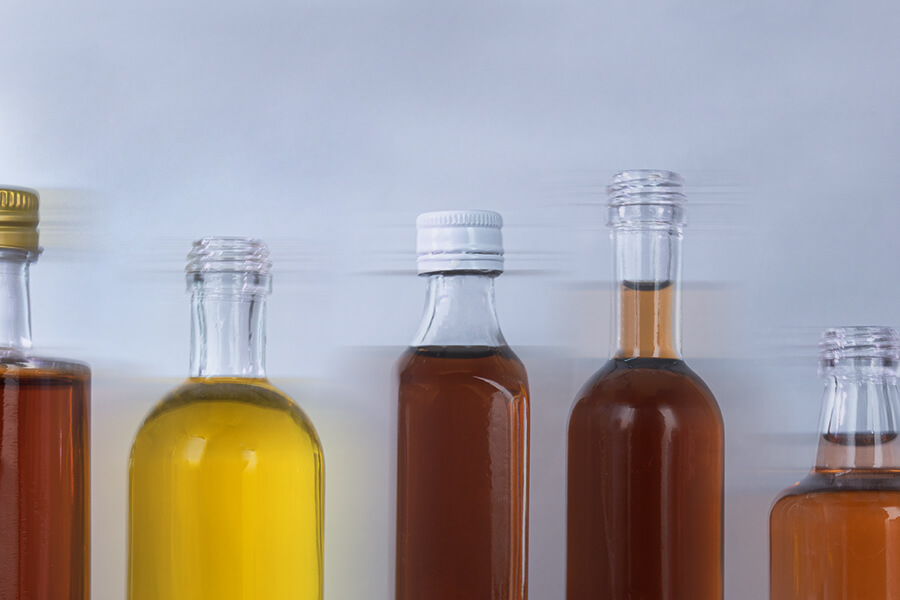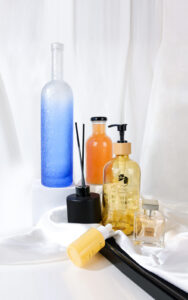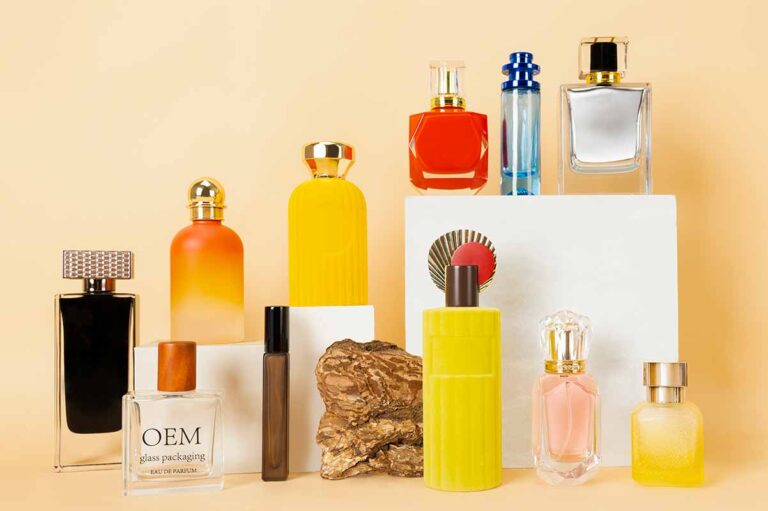In today’s eco-conscious market, packaging plays a vital role in shaping consumer choices and brand reputation. Mini liquor bottles — those small, often 50ml containers seen in hotels, airlines, and gift boxes — have long been valued for their convenience and visual appeal. But are these small bottles truly eco-friendly? Let’s take a closer look at the pros and cons of mini liquor bottles from an environmental perspective.

Preview
- Are Mini Liquor Bottles Eco-Friendly? A Quick Answer
- Pros of Mini Liquor Bottles for Sustainability
- Cons of Mini Liquor Bottles for Sustainability
- How Mini Liquor Bottles Compare to Standard Bottles
- How Can Mini Liquor Bottles Be Made More Eco-Friendly?
- Are Mini Liquor Bottles Aligned with Eco-Friendly Trends?
What Are Mini Liquor Bottles?
Mini liquor bottles, also known as miniatures or nips, are small-format alcohol containers, typically holding 50ml of spirits. They’re popular for sampling, travel, gifting, and collecting. Because of their compact size, they’re widely used in industries like hospitality, airline services, and promotional gifting.
Are Mini Liquor Bottles Eco-Friendly? A Quick Answer
Mini liquor bottles offer both advantages and drawbacks when it comes to sustainability.
On the plus side, they can reduce waste through portion control and are recyclable when made of glass. However, their small size means higher packaging-to-product ratios and greater material use per milliliter compared to standard bottles.

Pros of Mini Liquor Bottles for Sustainability
1. Portion Control Reduces Waste
Mini bottles help limit overconsumption. Instead of opening a large bottle and letting alcohol go to waste, consumers can enjoy pre-measured servings. This is particularly useful in hotels, airlines, and events where precise portions are needed.
2. Fully Recyclable When Made of Glass
Most premium mini liquor bottles are made from glass, a material that is 100% recyclable without loss of quality. Glass recycling reduces raw material extraction and energy consumption in manufacturing.
3. Lower Risk of Spoilage
Because mini bottles are sealed until use, they help preserve the quality of the spirit and avoid spoilage that might occur in larger opened bottles sitting unused for long periods.
4. Efficient for Sampling and Promotion
Instead of producing large bottles for trials or promotional gifting, mini bottles offer a lower-impact way to introduce new products to the market. This can reduce the carbon footprint per sampling event.
5. Reuse and Collectability
Many consumers reuse glass mini bottles for crafts, DIY projects, or as collectibles, extending their lifecycle beyond single use.
Cons of Mini Liquor Bottles for Sustainability
1. Higher Packaging-to-Product Ratio
Mini bottles require significantly more material per unit of alcohol compared to standard 750ml or 1L bottles. This means more glass, caps, labels, and outer packaging per milliliter of liquid, contributing to higher overall material consumption.
2. Transport Inefficiency
Because of their small size, mini bottles take up more space per liter of product during shipping. This can result in higher fuel use and increased carbon emissions per unit of alcohol transported.
3. Single-Use Mentality
In some markets, mini bottles are associated with single-use culture. Consumers may discard bottles after one serving without considering reuse or proper recycling, especially if recycling facilities are not easily accessible.
4. Often Packaged in Plastic
While many mini liquor bottles are made of glass, there’s a growing trend toward plastic miniatures, especially in cost-sensitive sectors. These plastic bottles are often less recyclable and contribute to plastic pollution.
5. Decorative Packaging Excess
Mini bottles intended as gifts or souvenirs are often accompanied by elaborate secondary packaging like plastic trays, foam inserts, or laminated gift boxes — all of which can add to environmental impact.
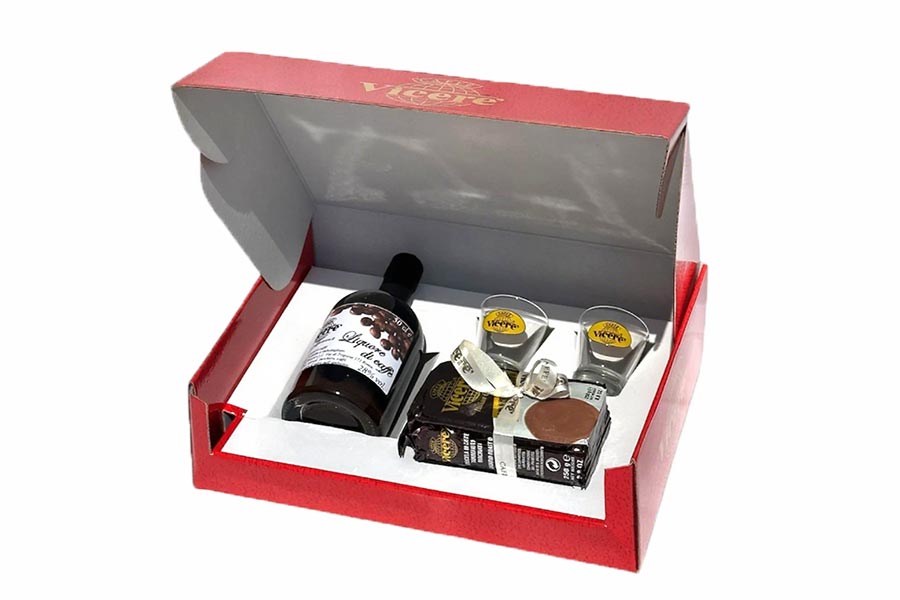
How Mini Liquor Bottles Compare to Standard Bottles
| Aspect | Mini Bottles (50ml) | Standard Bottles (750ml) |
|---|---|---|
| Material per ml | Higher | Lower |
| Shipping efficiency | Less efficient | More efficient |
| Recyclability (glass) | Same | Same |
| Consumer perception | Often seen as disposable | Often kept/reused |
| Waste generation | Higher per ml | Lower per ml |
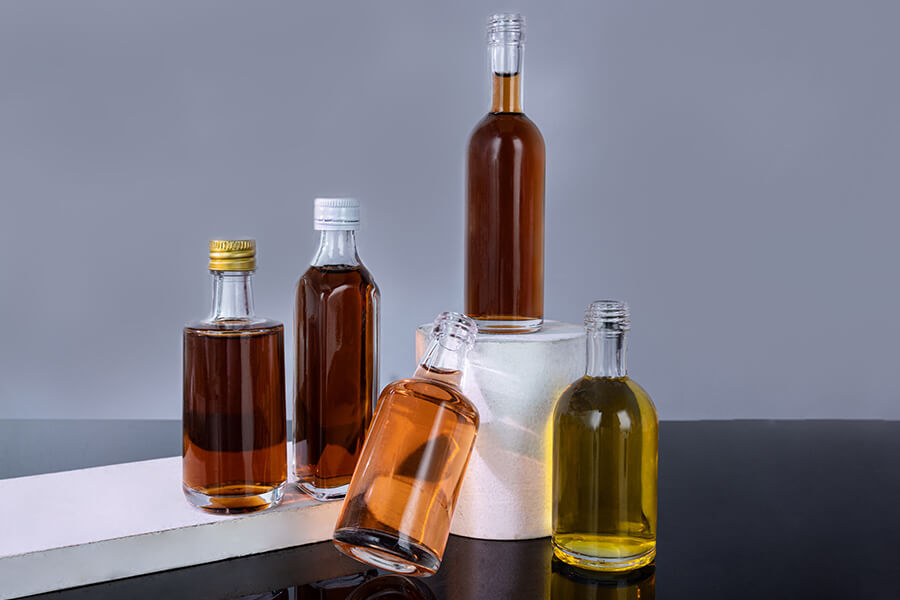
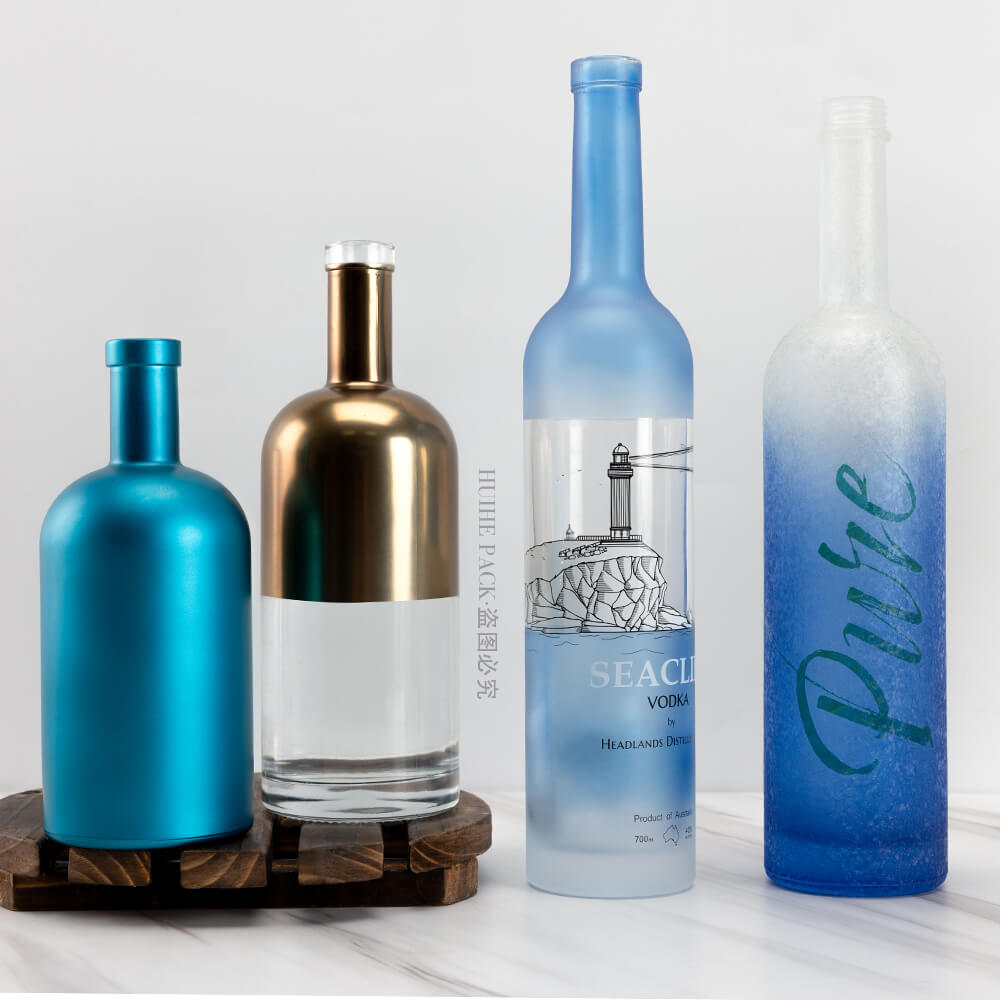
How Can Mini Liquor Bottles Be Made More Eco-Friendly?
1. Prioritize Glass Over Plastic
Brands should opt for glass miniatures rather than plastic. Glass not only looks premium but is infinitely recyclable.
2. Use Lightweight, Recycled Glass
Advancements in glass production allow for thinner yet durable bottles made from recycled material, reducing raw material use and energy demand.
3. Simplify Secondary Packaging
Avoid excessive gift-box packaging or plastic inserts. Simple cardboard or kraft paper options provide protection while remaining eco-friendly.
4. Encourage Reuse and Recycling
Through labeling or QR codes, brands can remind consumers to recycle or creatively reuse mini bottles.
5. Offer Bulk Packs to Reduce Outer Packaging
Instead of individually wrapping mini bottles, brands can offer multi-packs in minimal packaging, lowering waste.
6. Explore Deposit Return Schemes
Regions with bottle deposit programs could include mini bottles, encouraging consumers to return them for recycling.
Are Mini Liquor Bottles Aligned with Eco-Friendly Trends?
Mini bottles align with certain trends like portion control, responsible drinking, and premium presentation. However, without thoughtful design and consumer education, they risk contributing to packaging waste.
Why Choose Huihe for Eco-Conscious Mini Liquor Bottles?
At Huihe International, we specialize in sustainable glass packaging.
- 16+ years of export experience to 30+ countries
- Lightweight, recyclable glass options
- Custom design with minimal environmental impact
- One-stop service from bottle to eco-friendly packaging
👉 Contact us today to learn how we can support your brand’s sustainability goals!
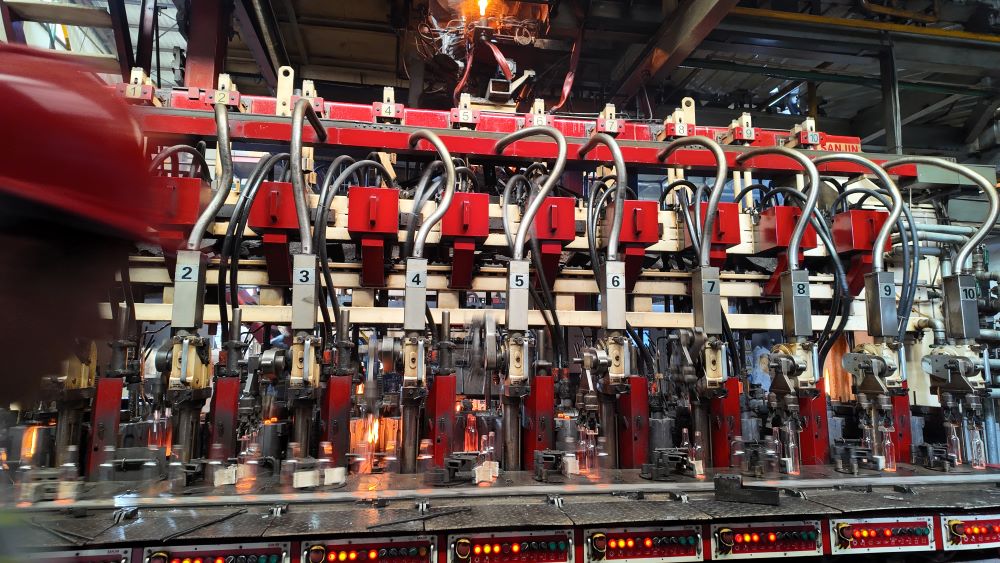
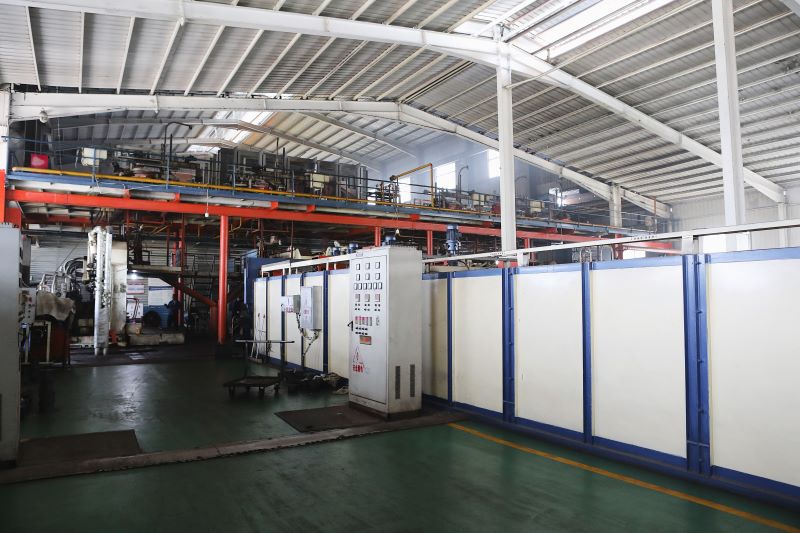
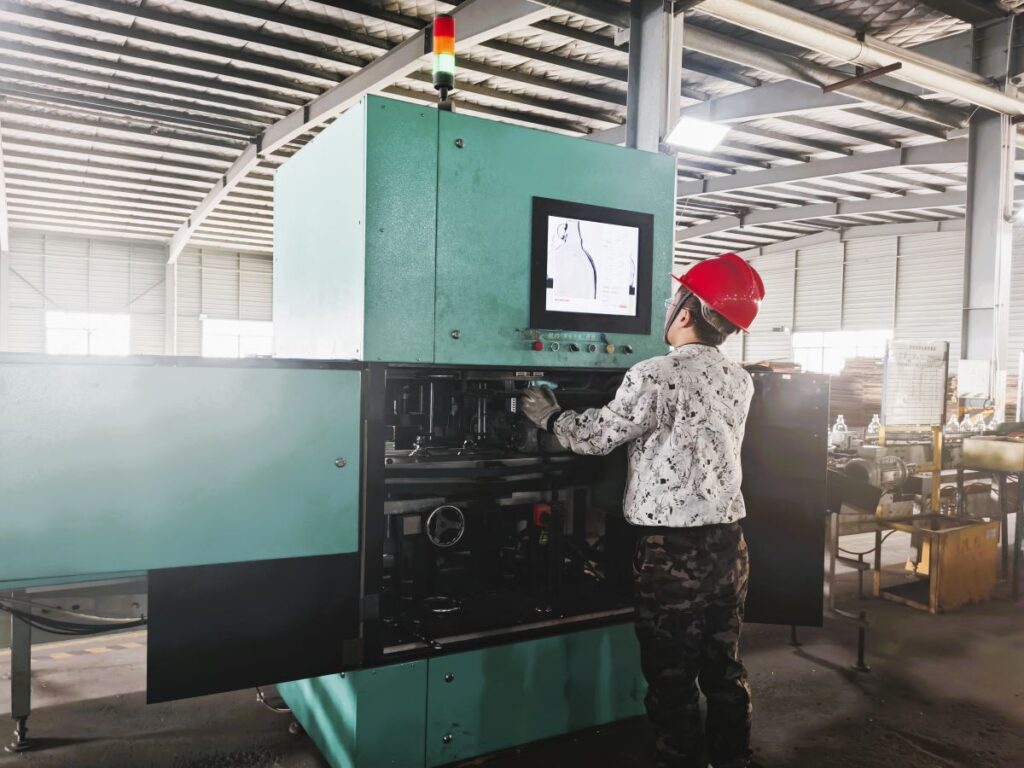

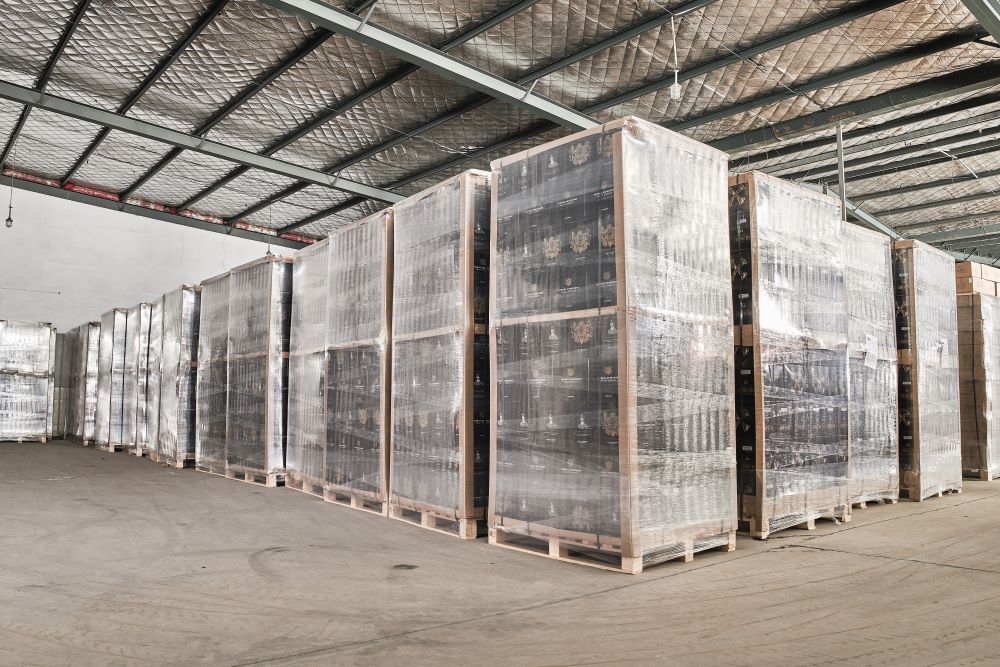
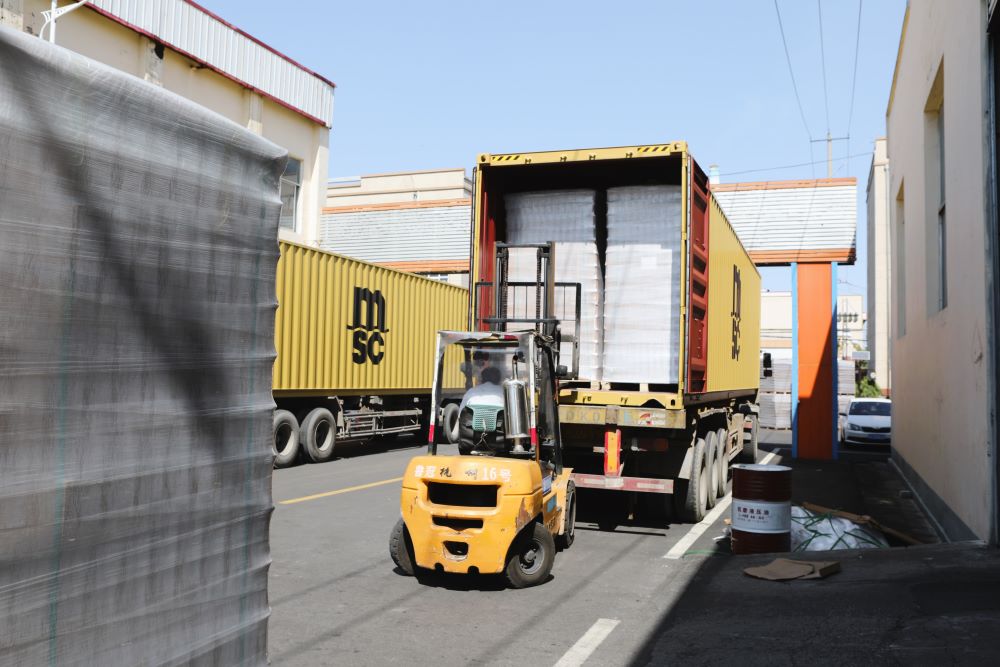
Conclusion: Small Bottle, Big Responsibility
Mini liquor bottles provide undeniable convenience and marketing value, but they also pose sustainability challenges. With the right material choices, thoughtful design, and responsible consumer use, mini bottles can fit into eco-friendly packaging strategies. As the industry evolves, both brands and consumers play a role in making these little bottles part of a greener future.

